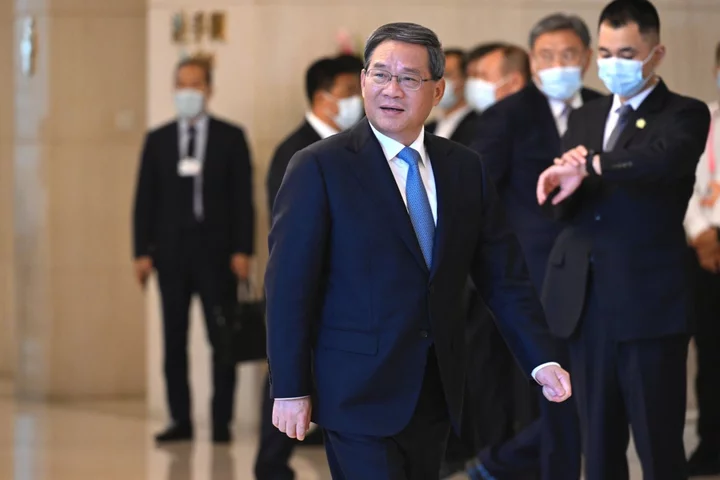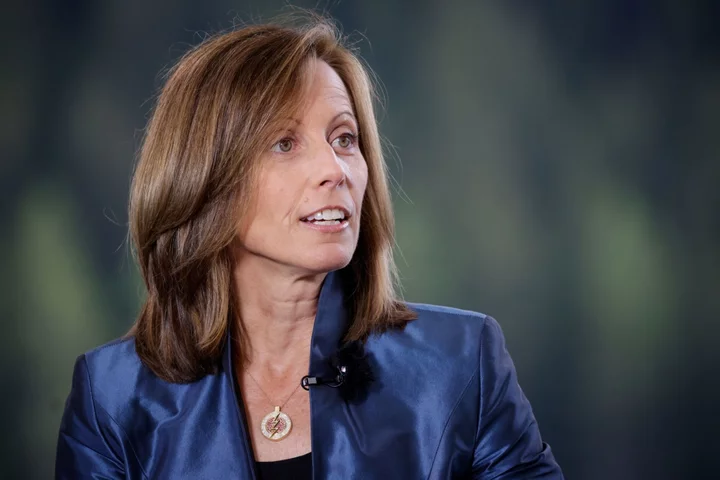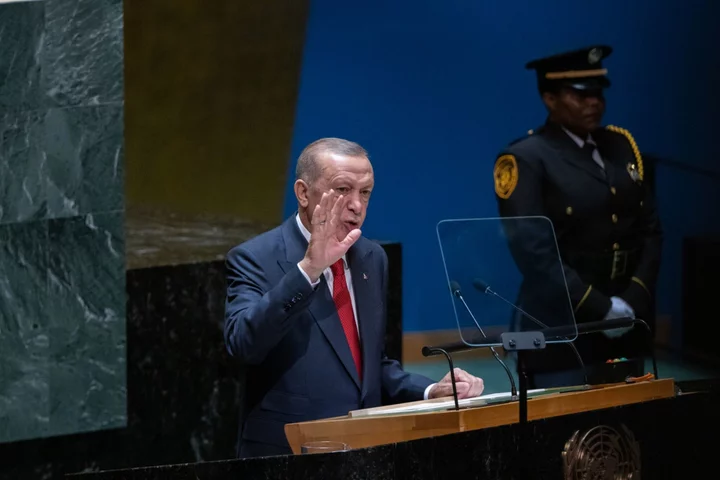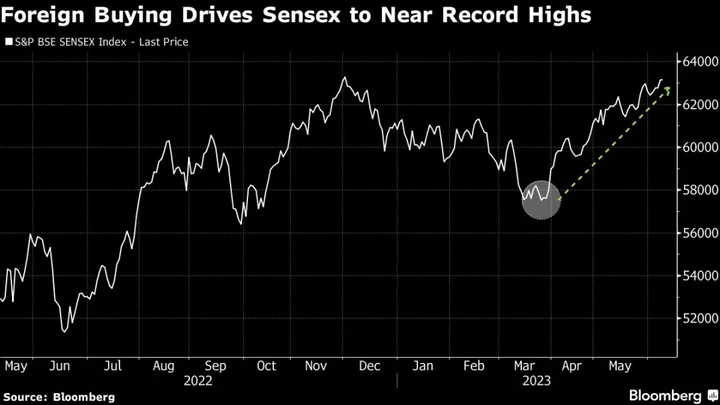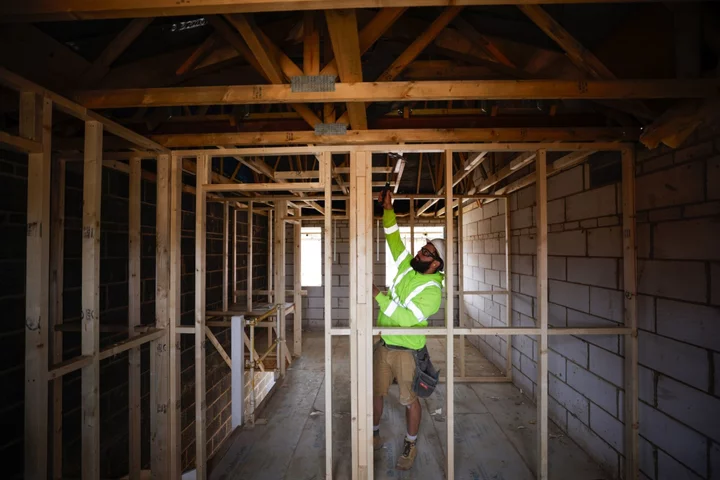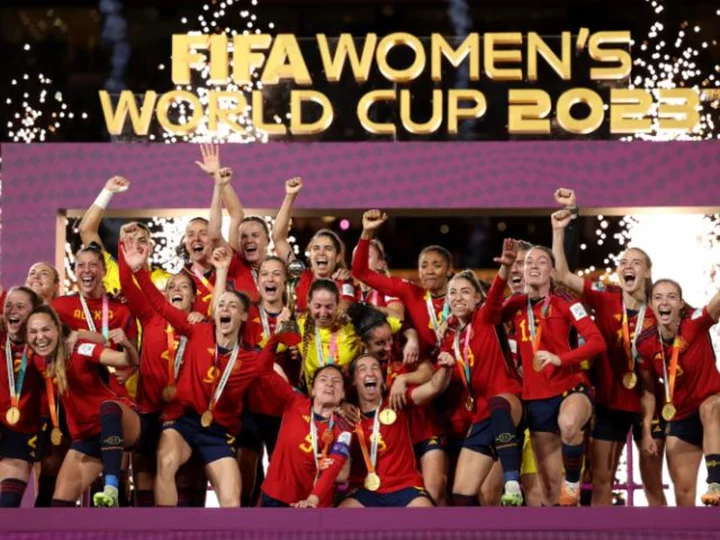China’s Premier Li Qiang warned against “anti-globilization” and protectionism in a keynote speech to global business leaders on Tuesday, as concerns mount over the country’s weakening economic recovery and appeal to foreign investors.
“The invisible barriers put up by some people in recent years are becoming widespread and pushing the world into division and confrontation,” China’s No. 2 official said at the World Economic Forum’s Annual Meeting of the New Champions in Tianjin, a coastal city close to Beijing in northern China.
It’s the first in-person gathering of the forum — often described as the “Summer Davos” conference — since 2019 following the end of Covid restrictions.
The Chinese premier added that global challenges and regional conflicts keep flaring up and called for cooperation among counties. His comments come as China and the US try to manage an increasingly fragile relationship, plagued by disagreements on trade and human rights, and as Russia’s war in Ukraine continues to disrupt global energy markets.
Li’s address is a rare opportunity to hear China’s premier official lay out his roadmap for the world’s second largest economy, as it faces challenges in youth unemployment, domestic consumption and an increasingly fractured geopolitical environment. Since taking office in March, Li has held one public press conference in China and only made a handful of speeches.
Business executives and investors will be listening closely to Li’s assessment of China’s economy for any hints Beijing may step up stimulus amid mounting evidence of a slowdown in growth. Several major investment banks have lowered their growth forecasts for China for this year closer to the government’s target of around 5%.
Read more: China Stimulus Calls Mount From State Media, Top Advisers
Li chairs the State Council, China’s cabinet, which said earlier this month it’s studying new support measures to boost the economy. Investors have been on high alert for an announcement since the central bank’s recent interest rate cut in June, although policymakers have been slow to follow up with any specific steps.
Li’s speech comes after he traveled to Europe last week to meet with leaders from Germany and France, in a bid to reset ties with China’s major trading partners. In his first overseas trip as premier, Li also shared a stage with US Treasury Secretary Janet Yellen, who plans to visit Beijing in early July for the first high-level economic talks with her new Chinese counterpart, people familiar with the scheduling said.
The US and European allies are seeking to reduce their supply chain reliance on China in order to “de-risk” their economies, an approach that Beijing has criticized as a form of decoupling that it says would be harmful to growth and investment.
Li is seeking to lure foreign investors amid a slump in sentiment. Foreign direct investment declined in recent months, reversing the first-quarter’s gains. A recent survey by the European Union Chamber of Commerce shows that a record share of European companies say doing business in China is getting more difficult.
The three-day event will be attended by leaders from the worlds of economics and politics, including New Zealand Prime Minister Chris Hipkins, director-general of the World Trade Organization Ngozi Okonjo-Iweala, and Saudi Arabia’s minister of economy and planning, Faisal Alibrahim.
--With assistance from Lucille Liu and James Mayger.

